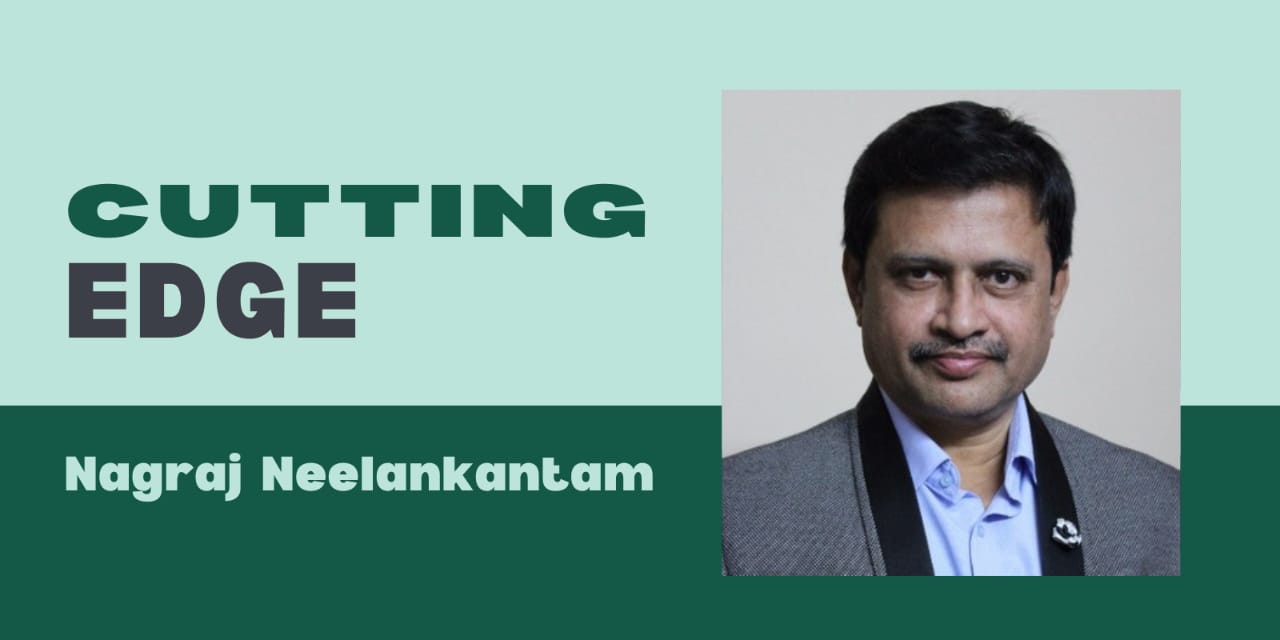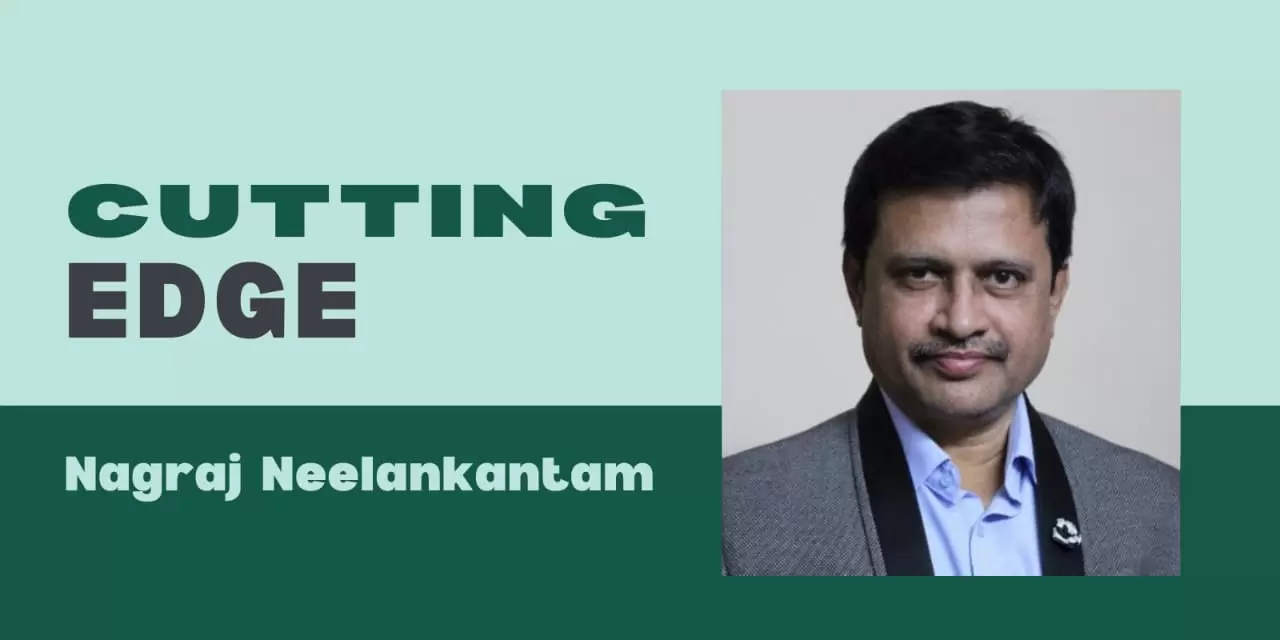Western cultures and religious communities — whether Christian or otherwise — should never ridicule or make fun of the traditions of other faiths. Doing so reflects not only a lack of understanding but also an incomplete worldview and an unhealthy state of mind. Such actions are especially problematic when they come from prominent leaders, for they cast a shadow not just on themselves but on the community and country they represent. India, throughout its history, has never made such statements, always embodying respect and pluralism in its cultural ethos.
The festive glow of Diwali, celebrated with lights and hope, became an unexpected epicenter of political discourse when former President Donald Trump extended his greetings for the festival. Intended as a gesture of goodwill to the Indian-American community, the message instead illuminated divisions within his base — provoking intense reactions and raising questions about cultural outreach in the political arena. What appeared to be a simple acknowledgment of tradition turned into a flashpoint of debate over identity, loyalty, and perception among supporters.
Trump’s Diwali wish, though brief, was perceived by segments of his MAGA supporters as a departure from the staunchly Christian-centric narratives that have often underpinned their loyalty. Critics argued that referencing Indian culture appeared inconsistent with the “Make America Great Again” ethos. This reaction underscores the nuanced expectations within political loyalist groups, where even a benign celebratory gesture can be scrutinized for ideological alignment.
The response on social media was swift and intense. Certain MAGA followers interpreted the Diwali greeting as trivial — or even threatening — to their cultural identity, igniting hateful commentary and controversial claims about Hindu practices. Misconceptions about animal sacrifice during Diwali were circulated, despite being unfounded, reflecting a broader trend of misinformed criticism. Texas Governor Greg Abbott, however, highlighted Diwali’s positive cultural significance, offering a counter-narrative that emphasized celebration, unity, and respect.

Beyond politics, the story intersects with the remarkable achievements of the Indian diaspora in the United States. Indian-Americans display exceptionally high educational attainment, with a college graduation rate of 78%, far surpassing the U.S. average of 36%. Their professional contributions are equally significant, with leadership roles in Fortune 500 companies and thriving entrepreneurship — notably the ownership of low-cost motels by the Gujarati Patel community. These accomplishments reflect not just individual success but a tangible economic impact, including billions contributed through businesses and educational investments.
Indian-Americans’ influence extends to income and taxation. Median personal earnings for Indian-Americans aged 16 and older stand at $85,300 — substantially above the Asian average of $52,400 — while full-time earners report a median income of $166,400. Indian students further strengthen the U.S. education sector, contributing an estimated $10 billion annually through tuition and associated expenses. Such figures highlight both the economic integration and societal contributions of this vibrant community.
Trump’s greeting, while applauded by some as recognition of Indian culture, also intensified debates over authenticity and political intent. Critics questioned whether the message was a sincere outreach or a calculated political maneuver. This division reflects broader tensions within the MAGA base regarding cultural inclusivity, religious observance, and political identity.
Amid these controversies, the achievements of Indian-Americans serve as a reminder of the possibilities inherent in the American Dream. Paying 6–7% of federal taxes despite comprising only 1.5% of the population, excelling academically and professionally, and maintaining low crime rates, they embody hard work, integrity, and perseverance. Yet the growing polarization and toxicity in political discourse underscore the challenges that even well-integrated communities face in shaping public narratives and sustaining cross-cultural understanding.
Trump’s Diwali greeting, though intended as a simple message of goodwill, revealed the delicate balance between cultural acknowledgment and political loyalty. The episode underscores the importance of informed engagement, empathy, and recognition of diverse communities within the political landscape. As Indian-Americans continue to contribute meaningfully to society — both culturally and economically — moments like these highlight the ongoing dialogue necessary to harmonize tradition, identity, and political discourse in an increasingly interconnected world.





